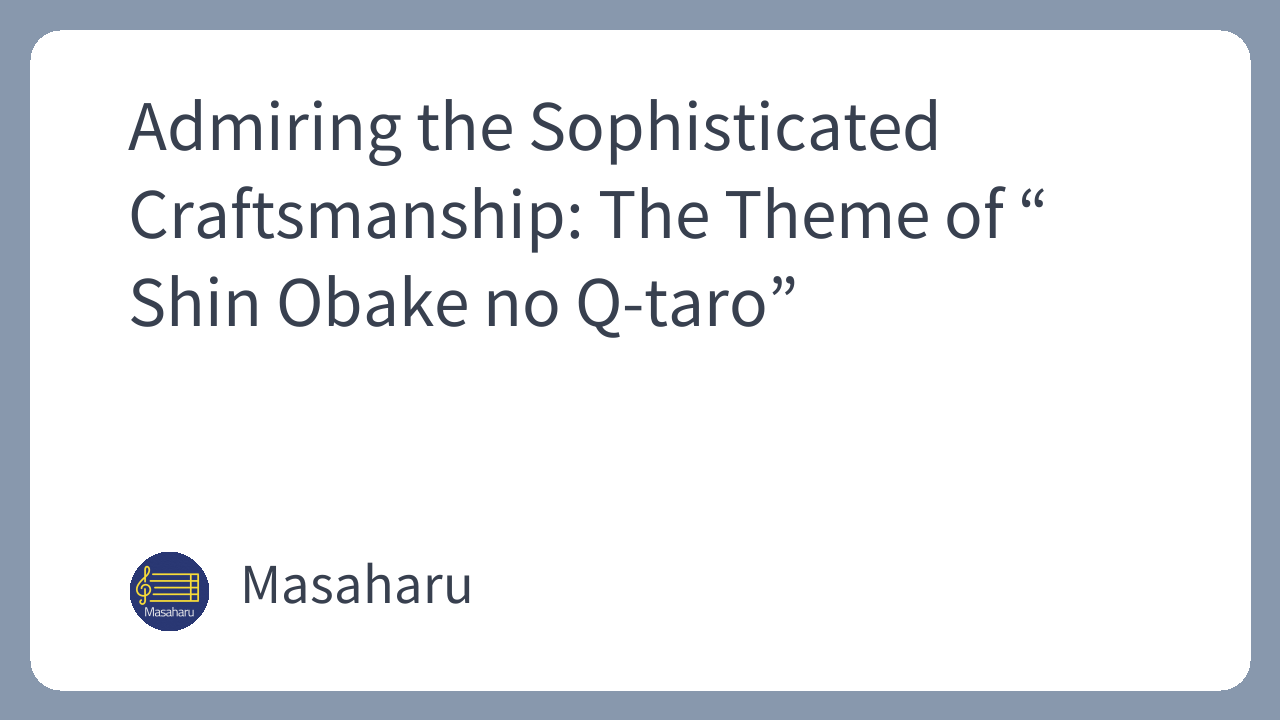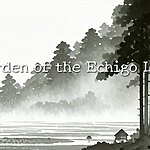(Original posted on August 18, 2006)
The sound and groove emanating from my car’s FM radio struck me with surprising force. It was the theme song of “Shin Obake no Q-taro (1971).” Many might recall it with the lyrics, “Anone Q~taro wa ne~ (Obake no Q-taro wa ne), atama~ ni ke ga sanbon shika nain~da yo~” (Hey, Q-taro, you know, Q-taro the ghost, only has three hairs on his head!). The performance, a rich blend of big band and male chorus sounds, possessed a bluesy and high-quality feel, characterized by a subtly swung, heavy groove that I found deeply captivating.
The vocals, delivered by voice actress Ayako Hori, were compelling, marked by a somewhat “nasal” yet richly sustained quality and impressive vocal ability. The composition by Naozumi Yamamoto, considering his extensive career, certainly explains the exceptional quality. The instrumental arrangement was equally impressive, featuring the solid and powerful rhythmic precision of the wind instruments and the rhythm section’s flexible swing, offering a glimpse into the high caliber of studio musicians at the time. The concluding line, “Dakedo kakkoii tsu~mori nan datte sa!” (But he thinks he’s so cool!), and even the male chorus’s interjection, “Harahore hare!,” grooved perfectly, adding to the song’s brilliance.
Interestingly, the song’s structure adheres to a very simple blues form, following a standard 12-bar blues progression plus a spoken word section. The closing chords, a V7-IV7-I7 progression, were particularly noteworthy, with the male chorus’s harmony adding a wonderful touch. While the melody alone might suggest a typical Japanese comic song based on pentatonic scales, the accompaniment’s effective use of blue notes and chromatic movement creates an overall bluesy and richly textured sound, resulting in a unique and compelling piece.
This experience reaffirmed that the appreciation of music can arise or resurface unexpectedly, at any time and in any place. It has also prompted me to pay closer attention to the music I might have overlooked during my childhood.


